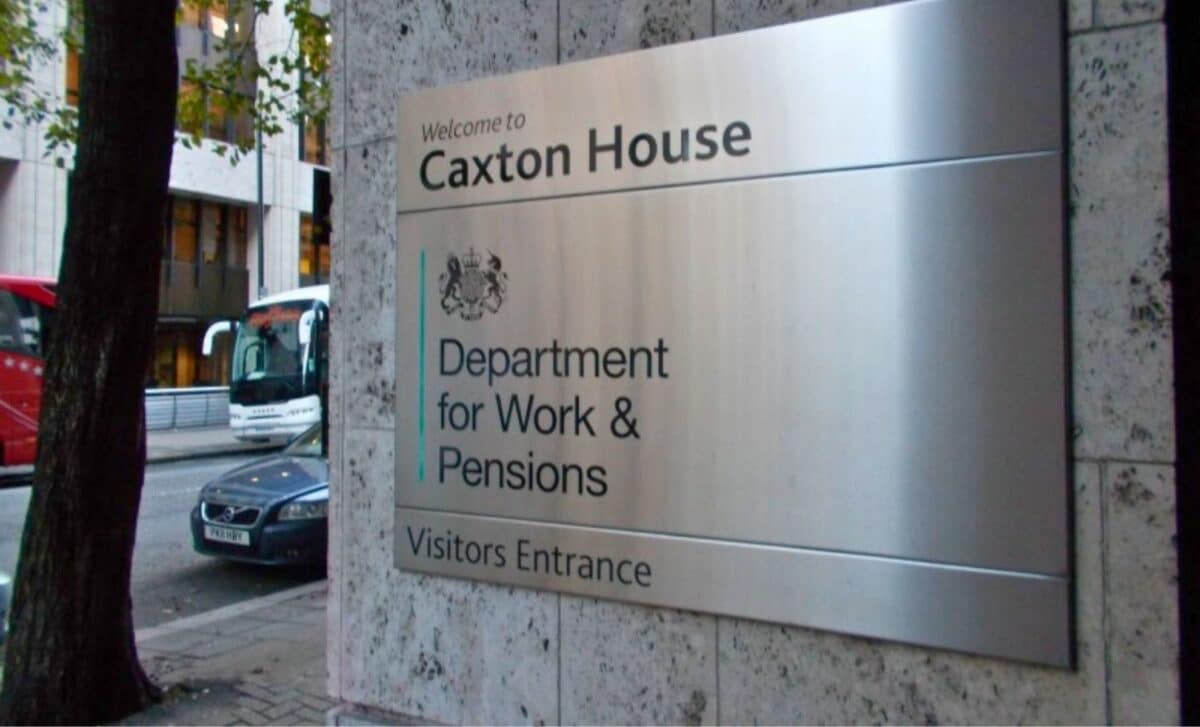The Department for Work and Pensions (DWP) has vowed to offer people additional time and assistance in order for them to find a job.
The pledge comes as new Universal Credit reforms came into practice from May 13 requiring claimants to work a minimum of 18 hours a week for them to keep their benefits.
DWP Efforts Boost Workforce Participation Amid Rising Benefit Claimants
The high Administrative Earning Threshold (AET) means that for those receiving benefits with work requirements, the minimum income levels have surged to £892 per calendar month for single people and a totalled £1,437 for couples.
Natalie Cartmell, DWP District Partnership Manager for Birmingham & Solihull, stated that staff were doing all they could to encourage people to rejoin the workforce. She shared new figures that displayed the numbers of over-50s benefit claimants had dropped by 3% in Birmingham and 5% in Solihull, in comparison with the same period last year, as more people in this age bracket have now returned to work. Nevertheless, according tot the statistics, the total number of claimants in Birmingham has rose by 5%, indicating that more has to be done in order to boost the economy.
Ms Cartmell stated: “Our work coaches say the best part of their job is seeing someone succeed in their employment goals. Giving people extra time and tailored support so they get the extra help needed to overcome barriers can make a huge difference to someone’s life. As announced earlier this week, Universal Credit claimants will benefit from extra help from their work coach if they work less than 18 hours a week.
“With nearly 900,000 job vacancies available, helping people achieve financial security through work helps them build a better life for themselves. Jobcentres are supporting businesses to fill their vacancies and examples of local activity include a focus on construction working with multiple employers in the region.
“Hospitality also offers great opportunities to our claimants and we are actively working with Resorts World, NEC and Birmingham Airport to support their recruitment needs. Importantly, those on Universal Credit can keep more of what they earn, while parents can receive increased childcare payments. Jobseekers can search our DWP Find A Job website, to check out the thousands of jobs on offer.”
DWP’s New Welfare Reforms Target Economic Inactivity Amid Rising Unemployment
The DWP’s work drive is to be aligned with new welfare rules to limit economic inactivity. It comes against a serious backdrop as the Office for National Statistics (ONS) announced that the level of UK unemployment surged to 4.3% in the three months leading to March, which is the highest since May to July last year and up from 4.2% in the last three months.
Secretary of State for Work and Pensions Mel Stride highlighted: “We are leaving no stone unturned to get people back to work, rolling out the most radical changes to welfare in a generation including reforming how we assess someone’s capability to work, overhauling the fit note process and helping over a million people through our £2.5bn Back to Work Plan.
“We’ll always be on the side of hardworking families and with real wages still rising, alongside tax cuts and the huge boost to the National Living Wage, we are incentivising work over welfare as we build a strong economy where everyone has a brighter future.”
The DWP declared that there are almost four million additional people in work since 2010 and said the most recent rise in unemployment was forecast and is anticipated to carry on, in part because to the Bank of England’s decision to keep interest rates high as inflation is brought back down to target.
Officials stressed: “We have a lower inactivity rate than many other economic heavyweights including the US, Italy, and France – and below the G7, EU and OECD averages. The ONS themselves have said caution should be taken when using these figures and advise people to look at alternative sources for employment trends. These sources tell us the number of people on payrolls is at a near-record high, up by 1.2m since before the pandemic.”









